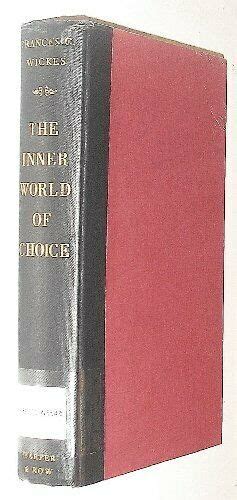A Quote by Isabel Allende
my husband, who is a lawyer, is very careful with words and with the truth. He thinks that the truth exists, and it's something that is beyond questioning, which I think is totally absurd. I have several versions of how we met and how wonderful he was and all that. At least twenty. And I'm sure that they are all true. He has one. And I'm positive that it's not true.
Related Quotes
Fiction can produce truth, and truth can be false. What does it mean to say that it's true that, what, two out of six people in this city are starving? That's true, but that is only true because the conditions we live under are completely wrong - that should not be true, and it is. And in something like Sarah Polley's film, her fictions deliver so much truth. The retellings and the simulations and the theatrical aspects are what deliver all the truth.
The Bible is a wonderful book. It is the truth about the Truth. It is not the Truth. A sermon taken from the Bible can be a wonderful thing to hear. It is the truth about the truth about the truth. But it is not the truth. There have been many books written about the things contained in the Bible. I have written some myself. They can be quite wonderful to read. They are the truth about the truth about truth about the Truth. But they are NOT the Truth. Only Jesus Christ is the Truth. Sometimes the Truth can be drowned in a multitude of words.
How forthright does the audience want the broadcasters to be? Because when you tell your truth, there's a lot of anger that comes out. I think it's a good question to ask TV people [executives] too. How much truth do they want to be told? How much truth does the league want told? Because the truth isn't just a positive truth. If you're going to tell the truth, you would be telling a lot of positive and some negative.
There is but One God. His name is Truth; He is the Creator. He fears none; he is without hate. He never dies; He is beyond the cycle of births and death. He is self-illuminated. He is realized by the kindness of the True Guru. He was True in the beginning; He was True when the ages commenced and has ever been True. He is also True now.
There is but One God, His name is Truth, He is the Creator, He fears none, he is without hate, He never dies, He is beyond the cycle of births and death, He is self illuminated, He is realized by the kindness of the True Guru. He was True in the beginning, He was True when the ages commenced and has ever been True, He is also True now.
Truth is never our enemy, ever. So we should never freak out about people who claim to have discovered truth. If it's true truth, God owns it and has already accounted for it, and while nothing that is true ever contradicts God's revealed word in the Bible, discovered truth sometimes contradicts the words of Christians. We shouldn't be afraid of this, because God knew it before anybody else and its discovery is dependent on his sovereignty anyway. The truth is that the truth is ours - all truth is our truth because we are of Christ and Christ is of the sovereign God.
Pragmatism asks its usual question. "Grant an idea or belief to be true," it says, "what concrete difference will its being true make in anyone's actual life? How will the truth be realized? What experiences will be different from those which would obtain if the belief were false? What, in short, is the truth's cash-value in experiential terms?
So the dream is continually reminding us of the part which our conscious is forgetting. It does not speak with any absolute authority; it simply gives a true picture of a situation which exists in the unconscious. It speaks truth; but not, as some persons believe, the truth. It shows the other side.
Maybe this is all a bit of a myth, a willful desire to give each place its own unique aura. But doesn't any collective belief eventually become a kind of truth? If enough people act as if something is true, isn't it indeed "true," not objectively, but in the sense that it will determine how they will behave? The myth of unique urban character and unique sensibilities in different cities exists because we want it to exist.
I don't think the law exists to arrive at the truth. If it did, we wouldn't have exclusionary rules, we wouldn't have presumptions of innocence, we wouldn't have proof beyond reasonable doubt. There's an enormous difference between the role of truth in law and the role of truth in science. In law, truth is one among many goals.




































